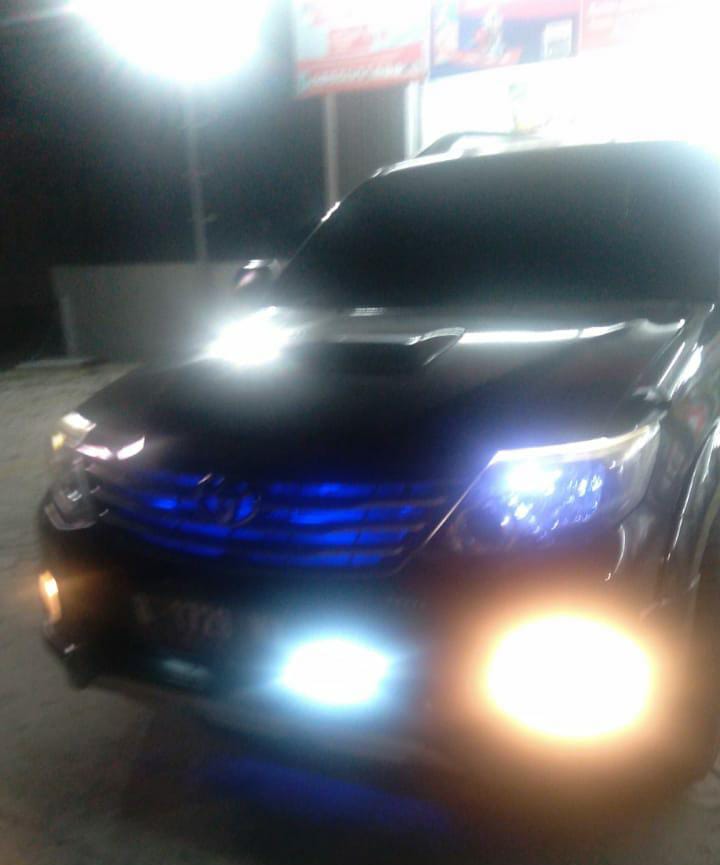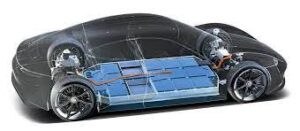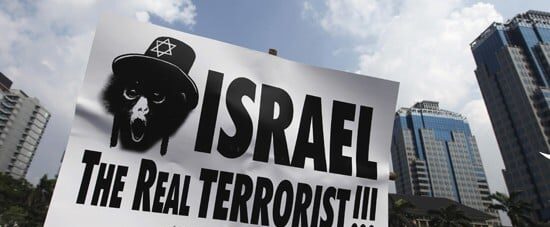
STRATEGIC ASSESSMENT. Indonesia’s year-long charm offensive to court investment from billionaire Elon Musk, seems to have hit a road block by the businessman’s decision to house Tesla’s Southeast Asian headquarters in Selangor in neighbouring Malaysia.
The southeast Asian archipelago’s move to become a key player in the EV supply chain is based on leveraging its vast reserves of nickel to attract foreign investment. According to the US Geological Survey, Indonesia holds the world’s largest nickel reserves with an estimated 21 million tonnes, which roughly accounts for 22 per cent of known global reserves.
However, Indonesia’s nickel-led development strategy could not translate into an attraction for Tesla. Tesla doesn’t use nickel-based batteries any more and has switched to lithium iron phosphate (LFP) battery cells for its standard-range vehicles.
Hozon is planning to start local production of its Neta-branded vehicles in Indonesia from 2024, said the Chinese EV startup. It partnered with PT Handal Indonesia Motor last week, and the two will start to assemble complete knock-downs and bodies in paint starting from the second quarter next year. “We believe that Indonesia has great potential to accept electric cars as vehicles to support daily mobility activities because they are proven to be effective and environmentally friendly,” said Wang Chengjie, assistant president of Neta Auto and vice-president of Neta Overseas.
Mitsubishi Fuso Truck and Bus will soon introduce electric trucks in Indonesia, aiming to maintain its position as a prominent truck seller in the country amidst growing competition from Chinese manufacturers. The company will produce the eCanter, a compact electric truck, at its Kawasaki plant in Kanagawa prefecture, Japan, and export it to Indonesia.
Mitsubishi Fuso is expected to collaborate with Mitsubishi Corp. and other partners to facilitate the sales in Indonesia. In addition to Indonesia, the company also has plans to introduce the eCanter in Taiwan, Hong Kong, Singapore, and Chile in the future.

As Indonesia continues its years-long effort to court investments from billionaire Elon Musk, observers have said the country’s giant nickel reserves may not be as large a draw as hoped, while its fossil fuel reliance suggests Jakarta is “not entirely serious” about its renewable energy push.
Luhut Pandjaitan, Indonesia’s coordinating minister of maritime affairs and investment, said last month that he planned to speak with the world’s richest man during a visit to California on August 2, in an umpteenth attempt to strike a deal as the country seeks to become a regional electric-vehicle manufacturing hub.
Jakarta’s dogged charm offensive comes even as it has been left humbled by the businessman’s decision to house Tesla’s Southeast Asian headquarters in neighbouring Malaysia, where it launched operations on July 20 with the release of its Model Y and Model 3 cars, priced from 199,000 ringgit (US$43,600) to 288,000 ringgit.
President Jokowi is accelerating his plans to position his nation as a global hub in the electric vehicle production ecosystem, an ambition coming into clearer focus as he courts more Chinese investors. “Currently, we want to prioritize investments in building an electric vehicle ecosystem,” Jokowi told the CEOS, explaining this would start with mining and include manufacturing batteries and electric vehicles.
He estimated that Indonesia could produce a total of more than 2.4 million electric vehicles, including cars and motorbikes, by 2035. At the Chengdu meeting, he emphasized the Indonesian government’s willingness to provide a problem-free process for Chinese investors.








